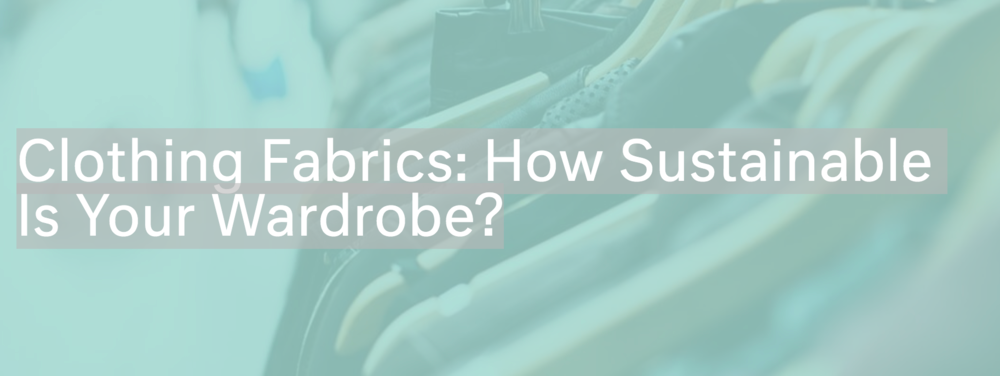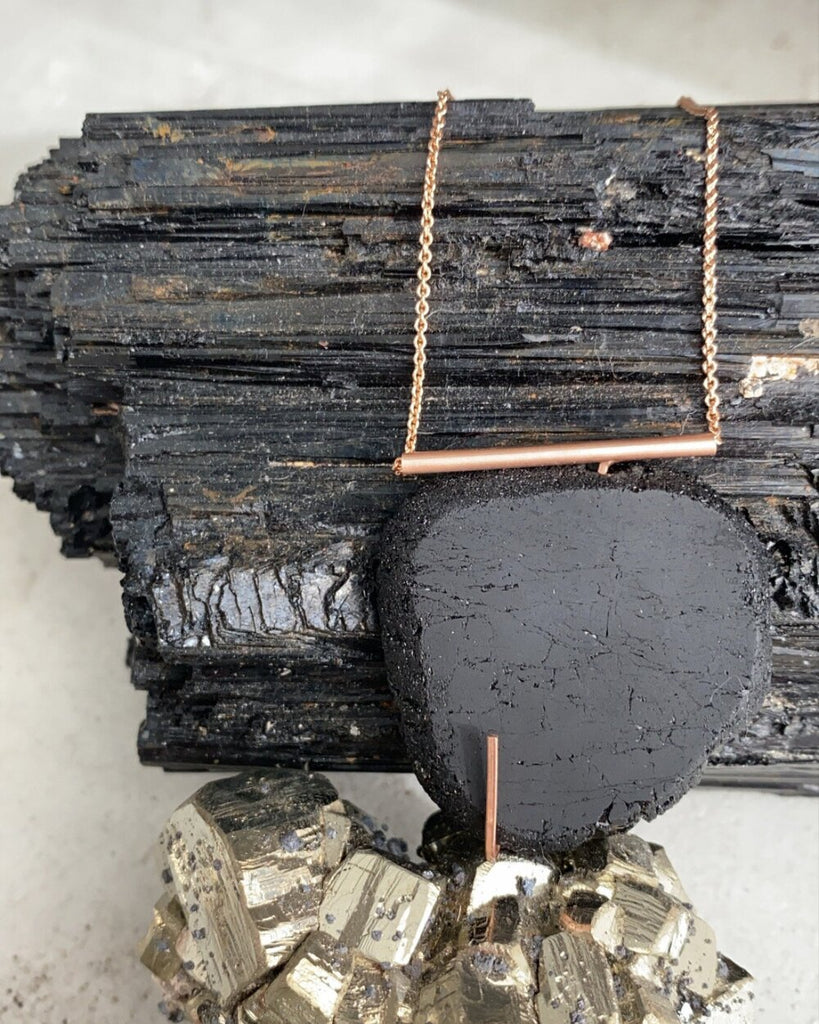Don't Shut Up Until They PayUp
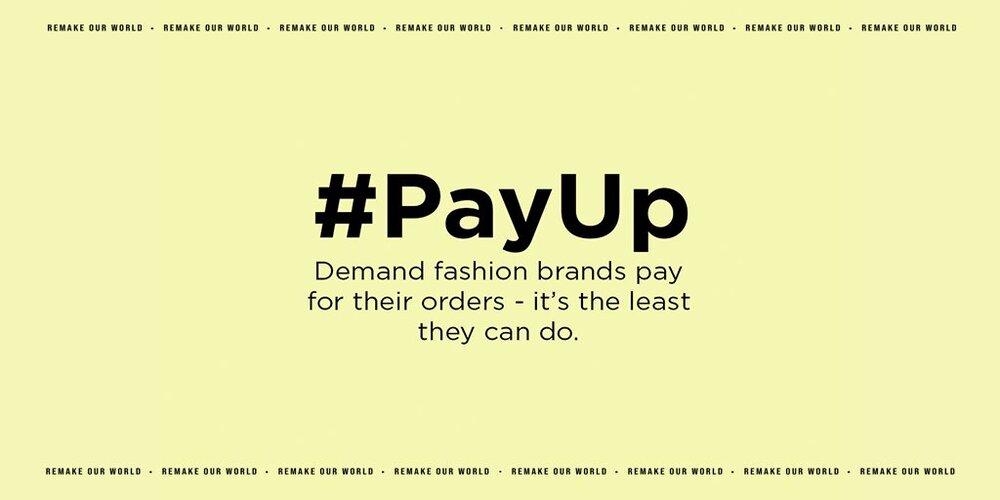
So now that we’ve talked about how small scale and artisanal miners and the jewelry supply chain is being affected by the COVID-19 pandemic let’s look at how the fashion industry is responding. Are they canceling orders with their factories? Are they laying off their staff? Spoiler alert, the answer is likely yes.
This is exactly why the #PayUp campaign was launched by NGO Remake in partnership with Mostafiz Uddin, owner of Bangladesh-based denim manufacturer and exporter Denim Expert Ltd. and labor activist and founder of the Bangladesh Center for Worker Solidarity, Kalpona Akter, urging international brands to pay garment factories for orders already in production. Collectively, some of the world’s biggest fashion brands owe more than $3 billion to garment factories in countries such as Bangladesh, India, Myanmar, and Cambodia for in production and upcoming orders. This contractual abandonment puts more than 50 million garment workers out of work with no savings, no severance, and no access to healthcare during a global pandemic.
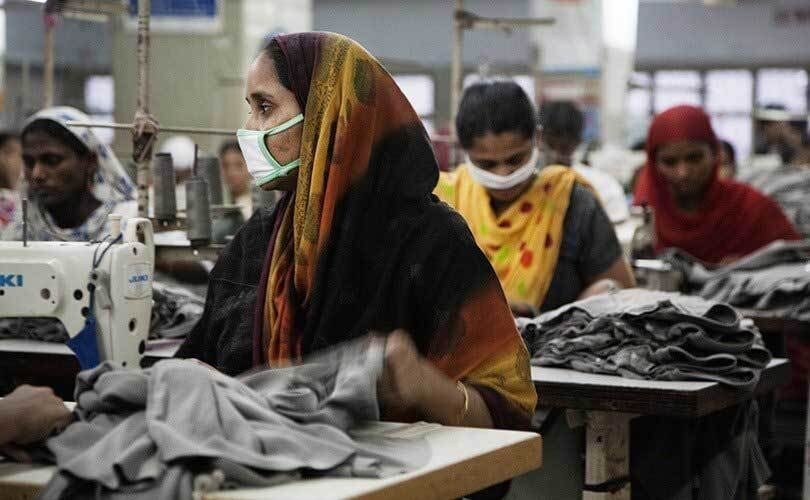
With garment manufacturing stalled indefinitely, workers fear starvation more than the pandemic. Garment workers have taken to the streets in protest despite lockdowns and stay at home orders, demanding to be paid their wages after brands canceled orders. It’s not their convenience or concerns for the economy or garment manufacturing as a whole driving them to protest, knowing the potential health risks for them and their families. When starvation comes with a 100% death rate, it’s easy to see why they made that choice. “It’s vital that we don’t forget about the millions of garment makers right now. Brands have made their profits off these workers for decades, and they are now trying to abandon them in the most vulnerable of circumstances,” stated Katrina Caspelich, Remake’s director of marketing. Though I should add some large international brands like Primark, H&M, Marks & Spencer, PVH, Target have come forward, promising to keep their commitments and honor their contracts...eventually.
“As we learned last Friday on a call with factory owners and advocacy leaders in Bangladesh, many brands that have ‘promised’ to pay for in-production orders have placed no time commitment on their payments, meaning that even though they’re getting the good press, they’re not actually fulfilling their financial responsibilities to suppliers. This is devastating,” adds Caspelich. As of yet, no brands have come forward with when they will actually pay the factories. For an updated list of brands that are paying up, and those just shutting up and ignoring it, click here to read more.
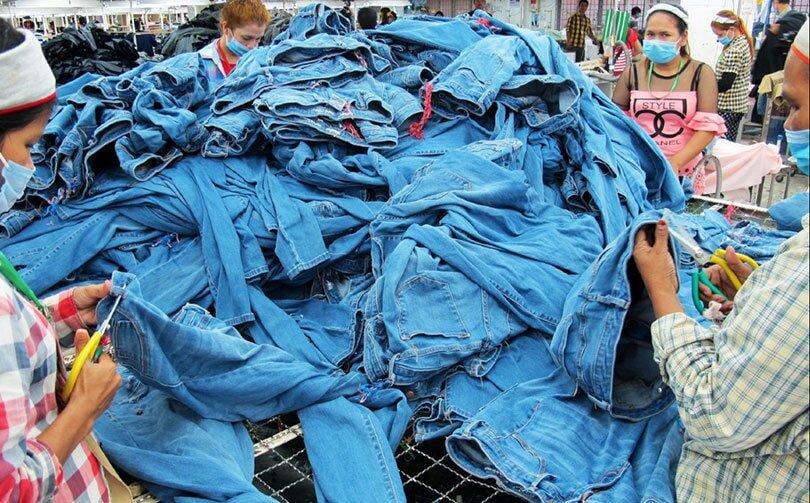
At the same time, governments and national institutions in developing countries don’t have the resources to deal with the enormous rise in unemployment and people needing medical care. The Bangladeshi government recently announced 590 million dollars in loans for export-oriented factories to pay workers, but this is not enough and may not benefit the garment workers. Activists are urging brands to pick up the slack and provide emergency funds. “If they don’t, the most vulnerable will not have food on the table. Brands need to step up. It’s not generosity that we’re asking for, it’s responsibility,” urges labor activist Kalpona Akter. However, a report by Traidcraft Alliance reported that 95% of suppliers indicated that brands and retailers refused to pay the partial wages of workers or their severance if dismissed. Brands also refused to pay for materials already purchased by factories.
Join us taking action. Sign the PayUp petition, use #Payup on social media to spread awareness and demand that brands pay their factories. It’s the least they can do.




